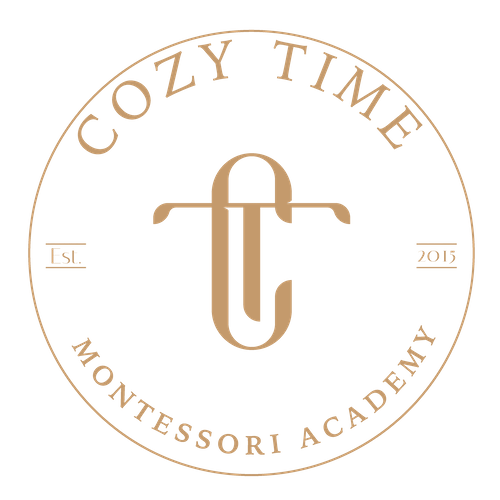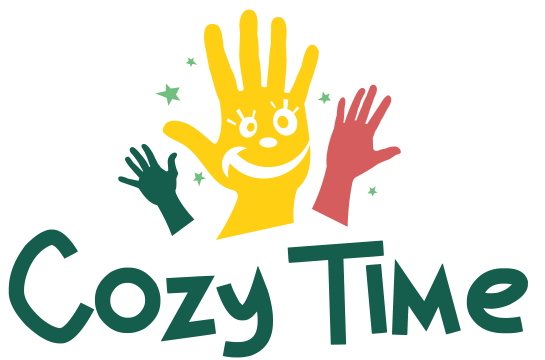Walking into a Montessori Classroom
Imagine yourself opening the door to a Montessori classroom. A sense of calm sweeps over you, as you notice children quietly engaged in various activities. They are not sitting at desks, but rather, they’re sprawled out on mats, working on low tables, or huddled in corners – all engrossed with their tasks. This is a scene from a typical Montessori classroom, an educational method rooted in self-directed activity, hands-on learning, and collaborative play.
A Montessori education is distinctive. It emphasizes individuality, independence, and respect for a child’s natural psychological, physical, and social development. Montessori classrooms are often organized into areas for practical life skills, sensorial activities, language arts, math, and cultural studies. Children have the freedom to choose what they want to work on, and for how long, fostering a love for learning and a sense of responsibility for their education.
The Magic of Storytelling in the Montessori Classroom
One of my most poignant memories of working in a Montessori daycare in Toronto was the magic of storytelling. I remember vividly, the children’s eyes would widen with intrigue as I began to spin a tale. Their anticipation was palpable, hanging on every word, and as the story unfolded, so did their understanding and connection to the world around them.
In the Montessori environment, storytelling serves a significant purpose. It’s not just about entertaining the children, but rather, it’s a powerful tool for education. Storytelling in the Montessori classroom is an art. It engages children, sparks their imagination, and fosters their language skills. Moreover, it helps develop their listening skills, enhances their comprehension, and promotes empathy and understanding of different perspectives.
Storytelling in a Montessori classroom is not limited to a specific time or place. It is woven into the daily routine and can happen at any time – during circle time, while working on a task, or even during lunch. The stories could be about history, science, or culture; they could be folk tales, fairy tales, or personal anecdotes. The key is to make them engaging, relatable, and thought-provoking, encouraging children to think, question, and explore.
Impact of Storytelling on Children’s Learning and Development
Let me take you back to the Montessori daycare in Toronto, where I saw the profound impact of storytelling first-hand. I recall a particular incident where a shy and introverted child was transformed by the power of a story. I told a tale about a little mouse who was afraid of everything but eventually found the courage to face his fears. The next day, the child who had always preferred to play alone, started participating in group activities. He was inspired by the story, and he began to believe in his ability to overcome his fears.
Stories have a profound impact on children’s learning and development. They stimulate imagination, enhance vocabulary, and improve communication skills. They help children understand complex concepts and develop problem-solving skills. Moreover, stories foster emotional development, teach values, and help children make sense of their world.
Storytelling and literature play a significant role in Montessori education. They are much more than just pastime activities; they are powerful educational tools that stimulate children’s learning and development. So, if you are considering Montessori for your child or if you are a Montessori educator, remember the power of a good story. It can open up a world of wonder, curiosity, and learning for a child.
In conclusion, I invite you to explore the Montessori approach at Cozytime Child Care. We are a licensed Montessori Center in Toronto, dedicated to giving your child the best start in life. For more information, don’t hesitate to reach out at (416) 602 3811.
The Role of Literature in the Montessori Classroom
Once upon a time, in the heart of Toronto, a little montessori daycare called Cozytime was bustling with children engrossed in books. The vivid images, enchanting stories, and rich vocabulary found in books transported these young minds to magical realms, stirring curiosity and fostering a love for learning.
Importance of Literature in Montessori Education
In the Montessori method, literature plays a quintessential role. It serves as a tool to introduce children to the world of language, aids in the development of their cognitive skills, and fuels their imagination. The power of literature in shaping young minds is something I’ve personally witnessed during my years at the Cozytime daycare in Toronto.
At Cozytime, we believe that literature is not merely a subject to be taught, but a means to teach other subjects. It is a tool for children to explore diverse cultures, understand human emotions, and develop empathy. The Montessori method fosters an environment where literature is seamlessly woven into the fabric of everyday learning.
Approaches to Introducing Literature in the Montessori Classroom
As an experienced Montessori educator, I’ve found that the best way to introduce literature is to make it a part of the child’s everyday life. From storybooks that stimulate imagination, to non-fiction works that satisfy their curiosity about the world, the Montessori classroom is a haven for book lovers.
At Cozytime daycare, our Montessori educators use creative strategies to bring literature to life. They use dramatic play, story baskets, puppet shows, and interactive storytelling sessions to ignite a deep love for literature in children.
The Effect of Literature on Student Engagement and Comprehension
Literature, when seamlessly integrated into the Montessori method, enhances student engagement and comprehension. It makes learning an enjoyable journey rather than a task. In my years at Cozytime, I’ve seen how children, drawn into the world of stories, comprehend complex ideas and concepts with ease.
Children who are exposed to literature at an early age show better cognitive development, improved language skills, and higher academic achievement. They are more expressive, creative, and confident. Literature, thus, plays a pivotal role in the Montessori classroom, fostering a lifelong love for learning.
Integrating Storytelling and Literature in the Montessori Model
One beautiful morning at Cozytime daycare, I was reading a story to the children. Their eyes were wide with curiosity, their minds eager to embark on an adventure with the characters. This is a common scene in our Montessori classrooms, where storytelling and literature are integral parts of the curriculum.
Effective Practices for Implementing Storytelling and Literature
At Cozytime, we believe that the Montessori method and literature go hand in hand. Storytelling is a powerful tool that sparks curiosity, enhances creativity, and encourages active participation.
Our educators use a variety of techniques to integrate storytelling and literature into the curriculum. From dramatization, interactive read-alouds, to story retelling, we ensure that every child gets to experience the magic of stories. We also encourage children to create their own stories, promoting creativity and enhancing language skills.
Case Studies of Successful Integration
Over the years, we have witnessed numerous instances of successful integration of storytelling and literature in our Montessori classrooms. One such instance was when our children, after reading about marine life, created their own underwater story, complete with handcrafted sea creatures. This not only bolstered their understanding of the subject but also enhanced their creativity and teamwork skills.
Tips for Parents and Educators
As a seasoned Montessori educator, I would like to share a few tips for parents and educators. First, make reading a daily ritual. Encourage children to explore different genres and authors. Use storytelling to explain complex concepts. Create a reading-friendly environment – a cozy corner with a variety of books can do wonders. And most importantly, let children see you read. After all, children learn best by example.
In conclusion, literature and storytelling are powerful tools that can transform the Montessori classroom into a vibrant learning space. At Cozytime daycare, we strive to create such an environment where children can explore, learn, and grow. To learn more about our approach, contact us at (416) 602 3811.

